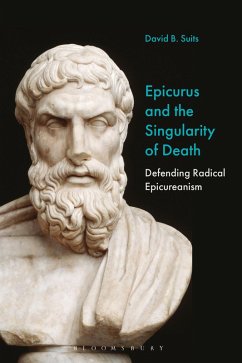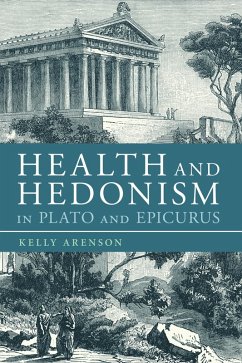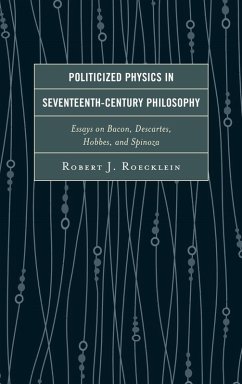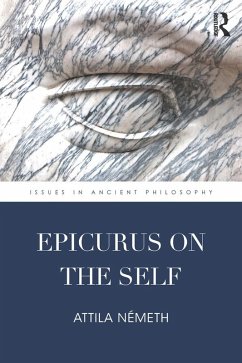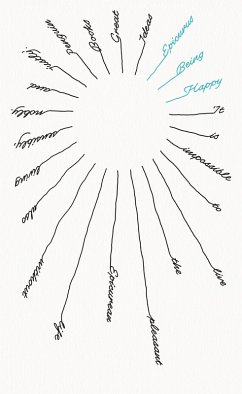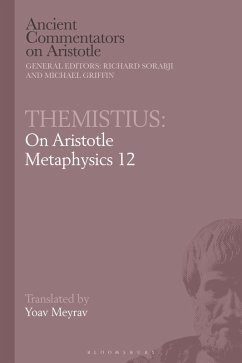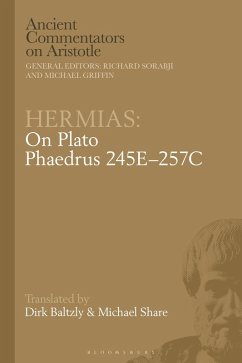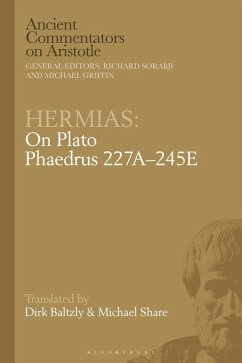
Nietzsche and Epicurus (eBook, ePUB)

PAYBACK Punkte
13 °P sammeln!
This volume explores Nietzsche's decisive encounter with the ancient philosopher, Epicurus. The collected essays examine many previously unexplored and underappreciated convergences, and investigate how essential Epicurus was to Nietzsche's philosophical project through two interrelated overarching themes: nature and ethics. Uncovering the nature of Nietzsche's reception of, relation to, and movement beyond Epicurus, contributors provide insights into the relationship between suffering, health and philosophy in both thinkers; Nietzsche's stylistic analysis of Epicurus; the ethics of self-culti...
This volume explores Nietzsche's decisive encounter with the ancient philosopher, Epicurus. The collected essays examine many previously unexplored and underappreciated convergences, and investigate how essential Epicurus was to Nietzsche's philosophical project through two interrelated overarching themes: nature and ethics. Uncovering the nature of Nietzsche's reception of, relation to, and movement beyond Epicurus, contributors provide insights into the relationship between suffering, health and philosophy in both thinkers; Nietzsche's stylistic analysis of Epicurus; the ethics of self-cultivation in Nietzsche's Epicureanism; practices of eating and thinking in Nietzsche and Epicurus; the temporality of Epicurean pleasure; the practice of the gay science, and Epicureanism and politics. The essays also provide creative comparisons with the Stoics, Hobbes, Mill, Guyau, Buddhism, and more. Nietzsche and Epicurus offers original and illuminating perspectives on Nietzsche's relation to the Hellenistic thinker, in whom Nietzsche saw the embodiment of the practice of philosophy as an art of existing.




